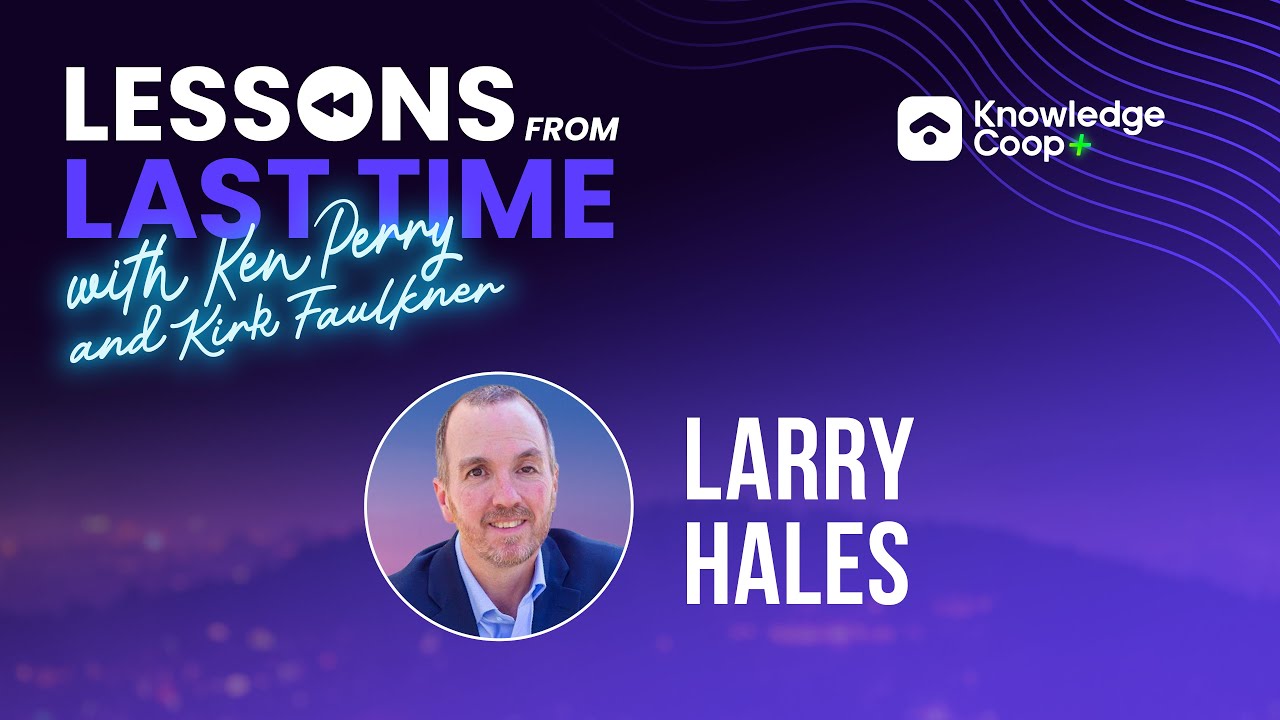Realtor Content Marketing Basics
In the last episode, we discussed the basics of Text Marketing. Delving further into digital marketing, we find ourselves at the crossroads of content marketing and blogging. The strength here is the weight of your words and the value of your insights. Ready to unlock the full potential of content marketing? Let’s dive right in.
Understanding Content Marketing
Content marketing hinges on the creation and distribution of relevant, insightful content to captivate and nurture an audience. For the real estate professional, this translates to crafting a comprehensive information hub that pulls potential clients from all over the web.
Good content does more than just sell properties. It provides genuine value, educates readers, and establishes trust. This content can be varied, ranging from blog posts and articles to e-books, videos, podcasts, or infographics. The key is to tailor your content to answer questions and address the needs of your audience.
Moreover, SEO-friendly content bolsters your online presence. When you answer the questions potential clients pose to search engines, you enhance your chances of a top ranking, driving more organic traffic to your site.
Designing a Content Marketing Strategy
A solid content strategy lays out your objectives, pinpoints your target audience, selects your content mediums, chooses distribution channels, and sets benchmarks for success.
You might aim to grow website traffic, accumulate leads, or amplify brand recognition. Your target audience should align with your ideal customer profile. The content format is vital and should cater to your audience’s preferences. Distribution channels may include your website, social media, email newsletters, or guest posts on popular blogs. Also, decide on the key performance indicators you’ll track to measure your strategy’s success.
An efficient content strategy is dynamic, adapting to audience shifts, objectives, and the ever-evolving digital realm. Periodic reviews and tweaks are par for the course.
Best Practices for Blogging
Blogging is about crafting compelling narratives about the real estate world. This is where you can offer crucial insights, advice, and updates.
- Showcase Your Expertise: Use your blog to flaunt your knowledge. Discuss market dynamics, property buying/selling tips, or spotlight specific neighborhoods.
- Offer Value, Not Advertisements: Avoid overt sales pitches. Strive for informative content that aids readers in making informed choices.
- Consistency is Key: Regular blog updates keep your audience engaged. A content calendar can help you plan and maintain consistency.
- Optimization for Search: Remember to keep SEO in mind to attract more readers. Use relevant keywords, but ensure they fit naturally within the content.
- Visual Engagement: High-quality images, especially in real estate, can amplify engagement. Add infographics where they can simplify complex information.
- Engage with the Audience: Foster community by encouraging comments and interactions. Answer questions, drive discussions, and gain insights from your readers’ feedback.
SEO Best Practices for Content Marketing
Search Engine Optimization (SEO) is a crucial component of content marketing, especially for real estate professionals. SEO is the practice of optimizing your website and content so it appears in search engine results pages (SERPs) for specific keywords and phrases. Properly implemented SEO strategies can increase your visibility, drive more organic traffic to your site, and ultimately help you convert leads into clients.
- Keyword Research: Understand what terms your potential clients are searching for. Use tools like Google Keyword Planner or SEMrush to find relevant keywords with good search volume. Incorporate these keywords naturally in your content, titles, meta descriptions, and URLs.
- High-Quality Content: Focus on creating original, high-quality content that adds value to your audience. Avoid duplicate content and make sure your articles are informative, engaging, and solve your audience’s problems or answer their questions.
- On-Page Optimization: Ensure that each page of your website is optimized for SEO. This includes using relevant keywords in your content, meta descriptions, and headers, and optimizing images with descriptive alt text.
- Link Building: Build a strong network of internal and external links. Internal links connect your own web pages, helping users navigate your site, while external links (from reputable, high-authority sites) enhance your site’s credibility and SEO ranking.
- Mobile Optimization: Make sure your website and content are mobile-friendly. With a significant portion of searches being conducted on mobile devices, Google rewards sites that are optimized for mobile use.
- Local SEO: As a real estate professional, you’re serving a specific area. Make sure your content addresses local issues, and optimize your site for local keywords. Don’t forget to set up and optimize your Google My Business profile.
- Track and Measure: Use tools like Google Analytics and Google Search Console to track your site’s performance. Monitor your rankings, organic traffic, and conversions, and refine your strategy based on the results.
By following these best practices, you can enhance your content marketing efforts with SEO, positioning yourself as a trusted authority in the real estate market and attracting more potential clients. Remember, SEO is an ongoing process that requires consistent effort and adaptability to changing search engine algorithms and trends. For more information on Real Estate SEO see our previous series on SEO.
Content Marketing Toolbelt
Here are some essential tools for content marketing:
- WordPress: A popular choice for designing and managing blogs and websites, offering diverse themes and plugins.
- Grammarly: Assists in ensuring grammatically accurate and coherent content.
- Canva: A design tool that’s intuitive and packed with various templates, perfect for creating compelling visuals.
- BuzzSumo: Discover trending topics and content across social platforms to guide your content creation.
- Google Analytics: Monitor your blog’s performance, from traffic origins to user engagement.
- CoSchedule Headline Analyzer: Helps in crafting engaging, SEO-optimized headlines for your posts.
As a content creator in the real estate domain, focus on delivering valuable content that resonates with your audience. Harness the power of your expertise and knowledge, positioning yourself as a trusted authority in the market.
Ready to launch into the world of content marketing? Great! Next, we’ll delve into the benefits of video marketing.
About the Author

Larry Hales is a seasoned and multi-faceted technology professional. His passion all-things tech began with his first computer in 1984 and it has stayed with him ever since. Larry is the CEO and Co-Founder of MarketingHero. Previously, he served as the Marketing Technology Director at West, Williston Financial Group Company, where he coaches and guides Real Estate Agents on how to better leverage technology in their business. His 25 years of photography, design and printing, combined with his knowledge of digital advertising and brand building, gives him a unique perspective of marketing from different angles. When he isn’t busy being a proud computer geek, Larry enjoys trail running, hiking, mountaineering, rock and ice climbing, and anything else that gets him outside.






